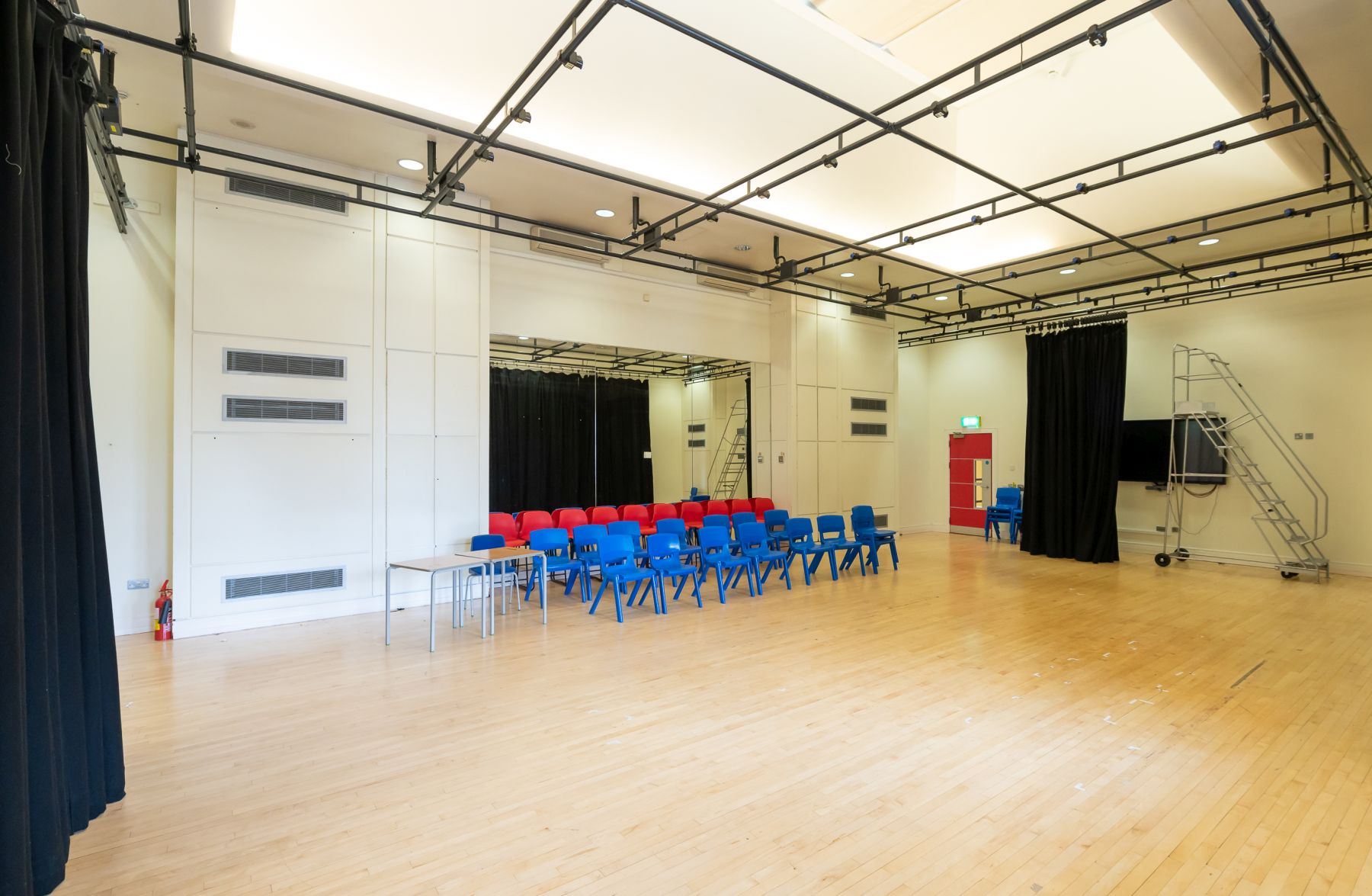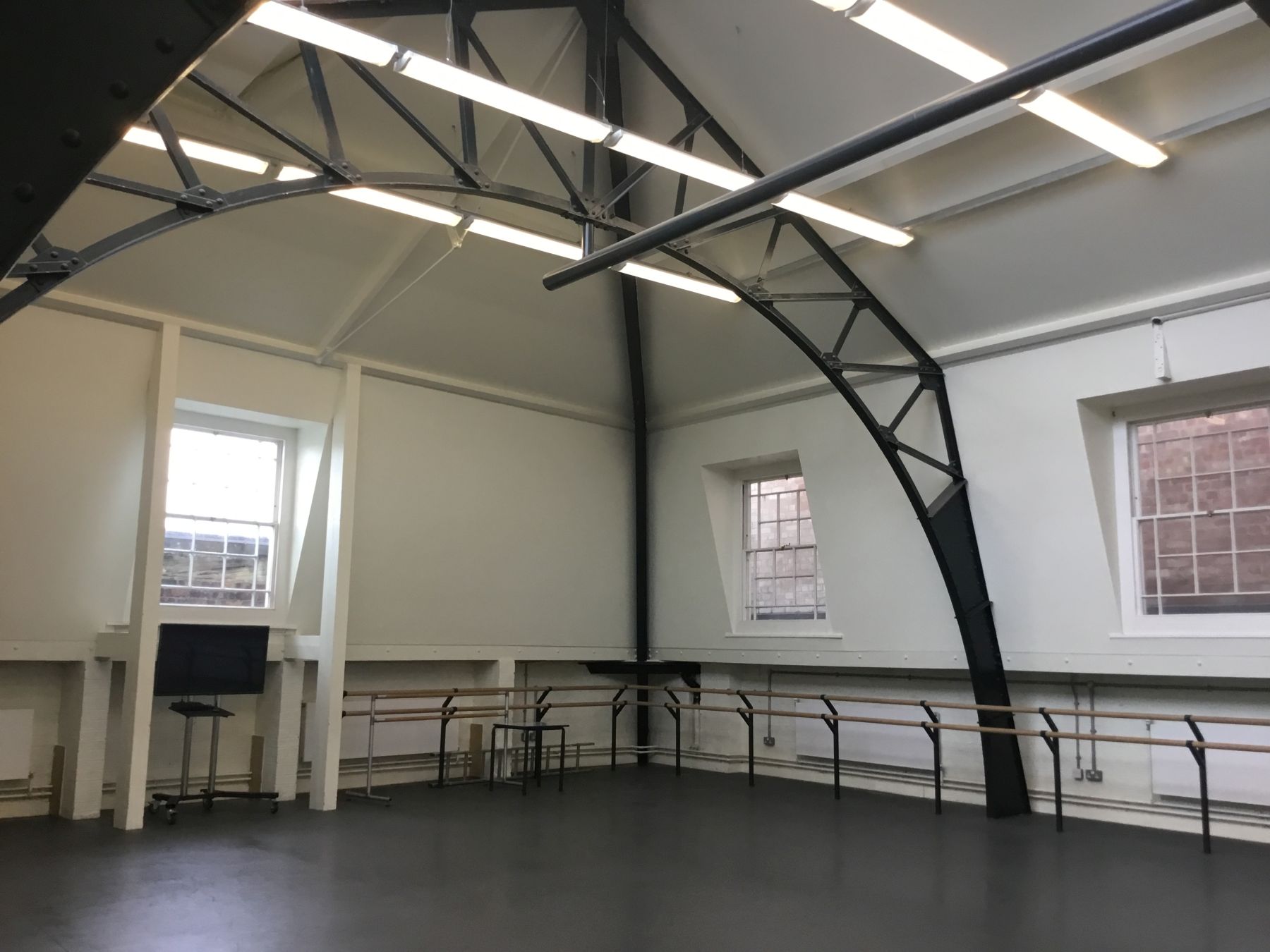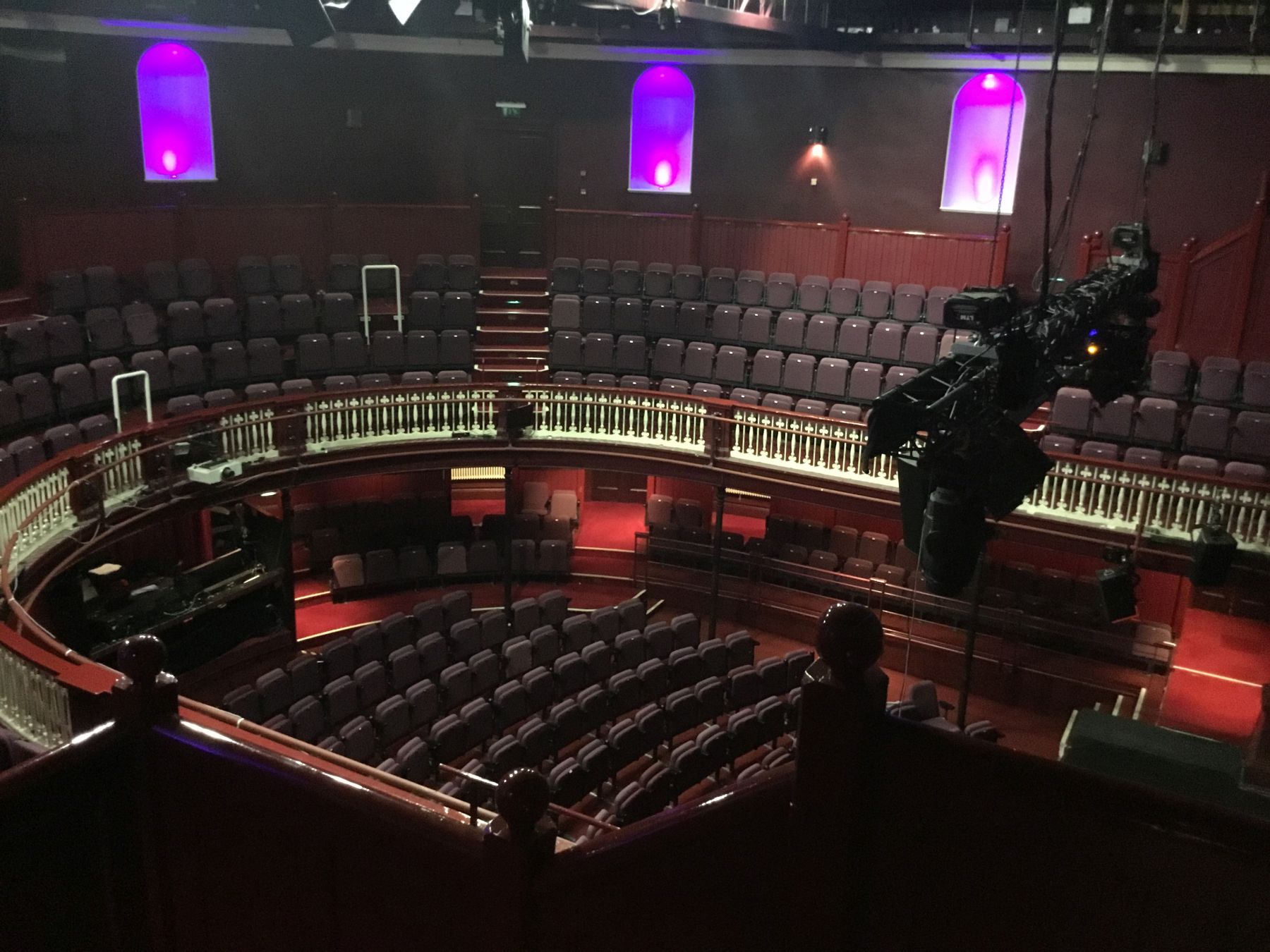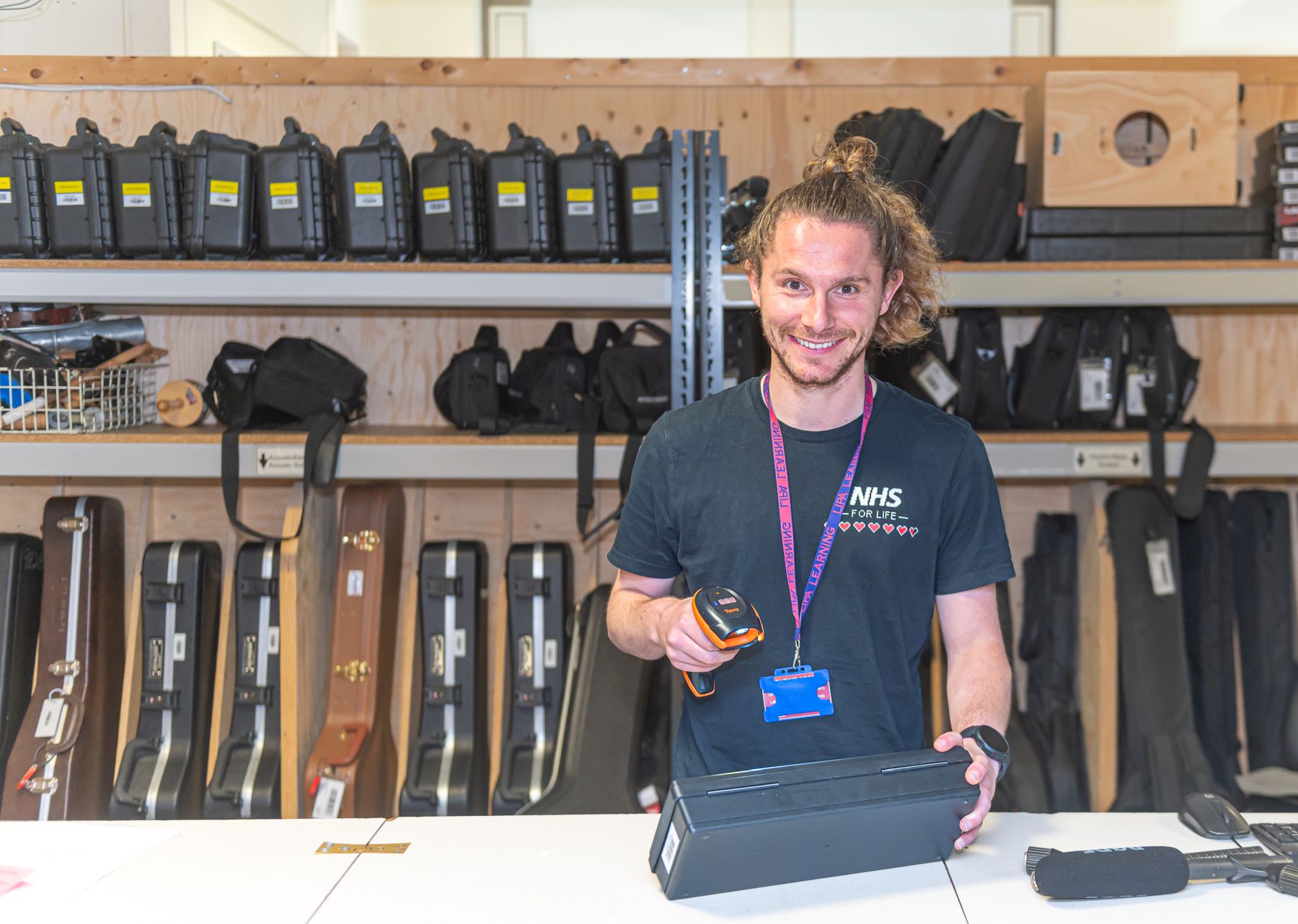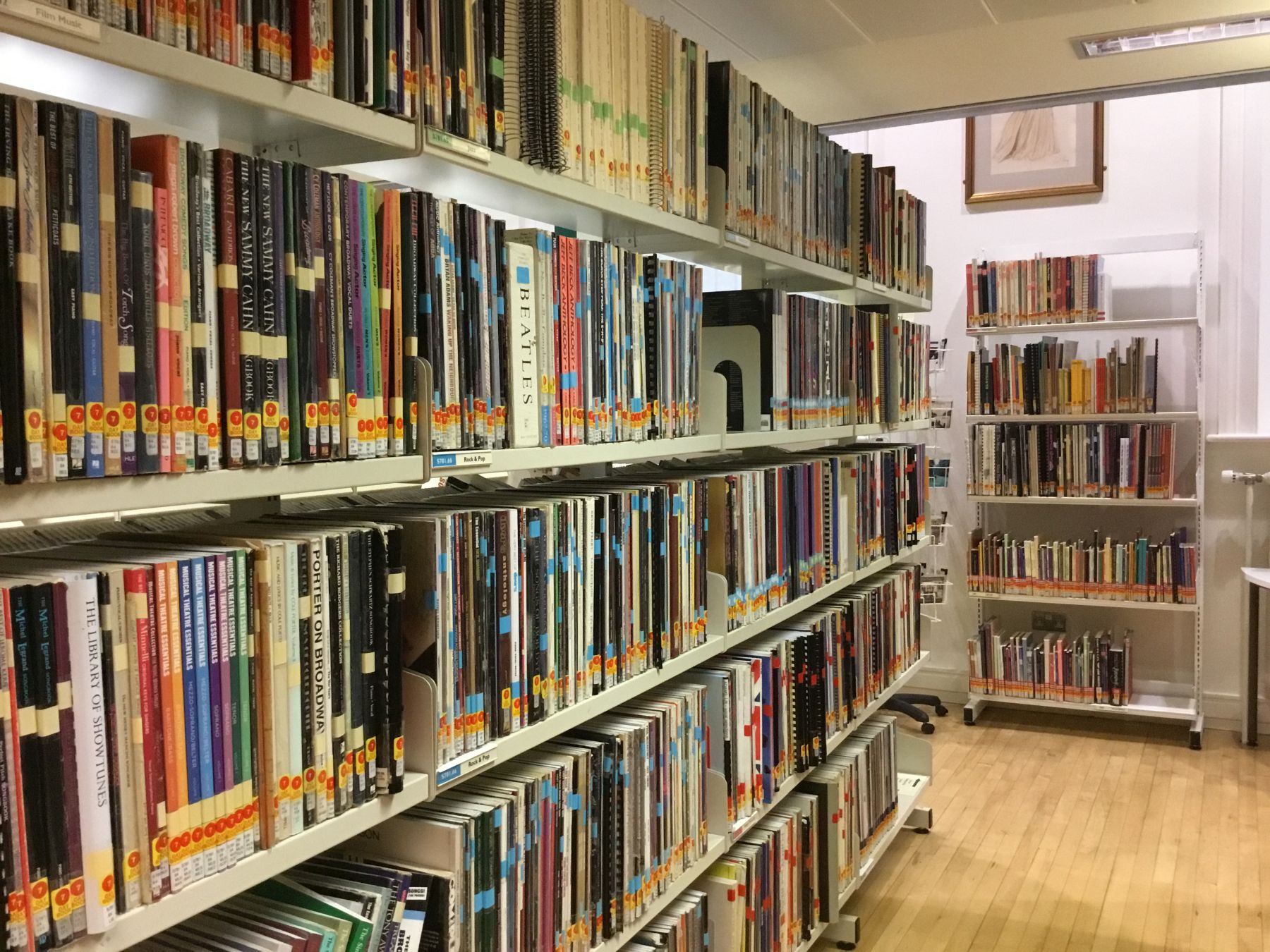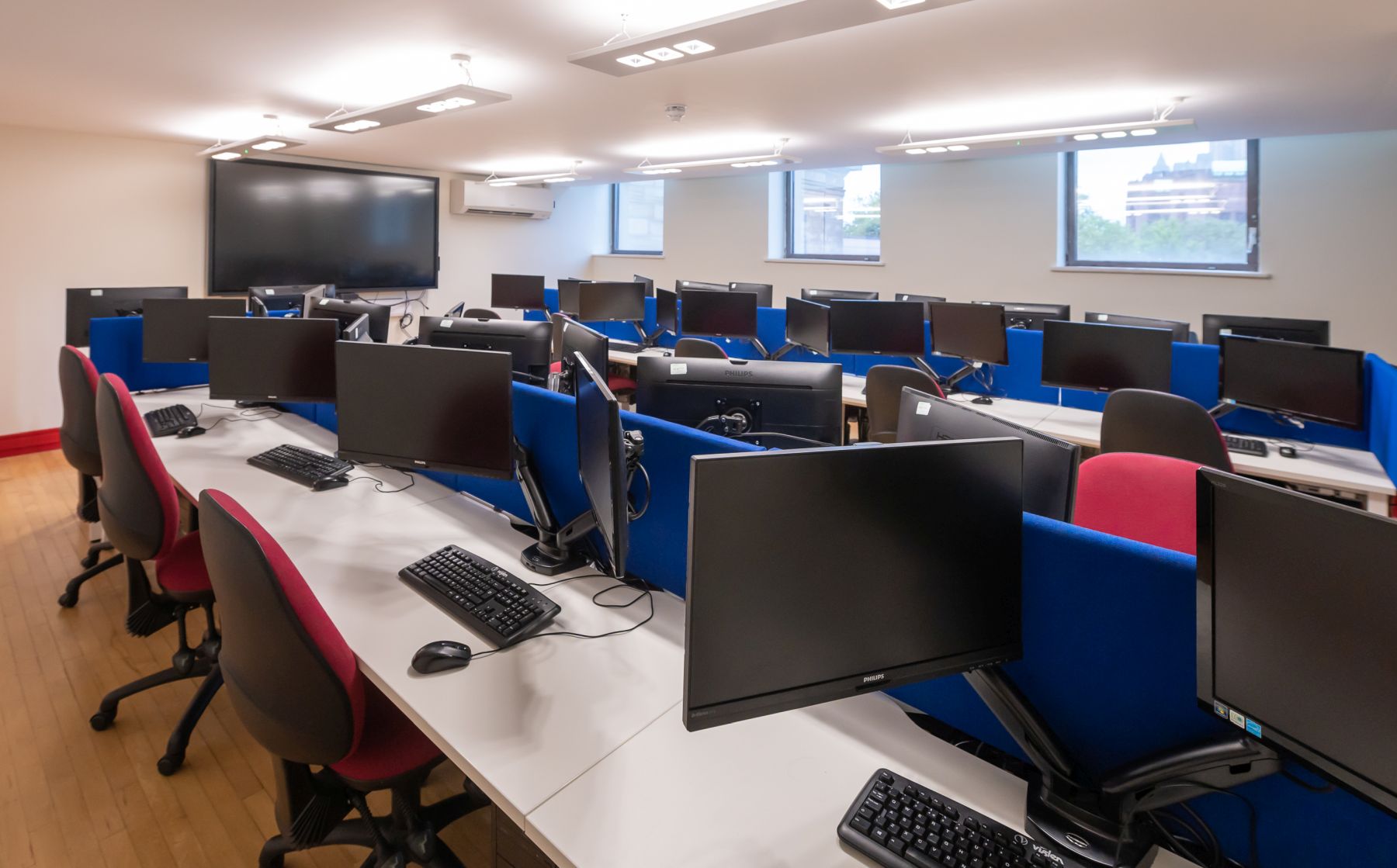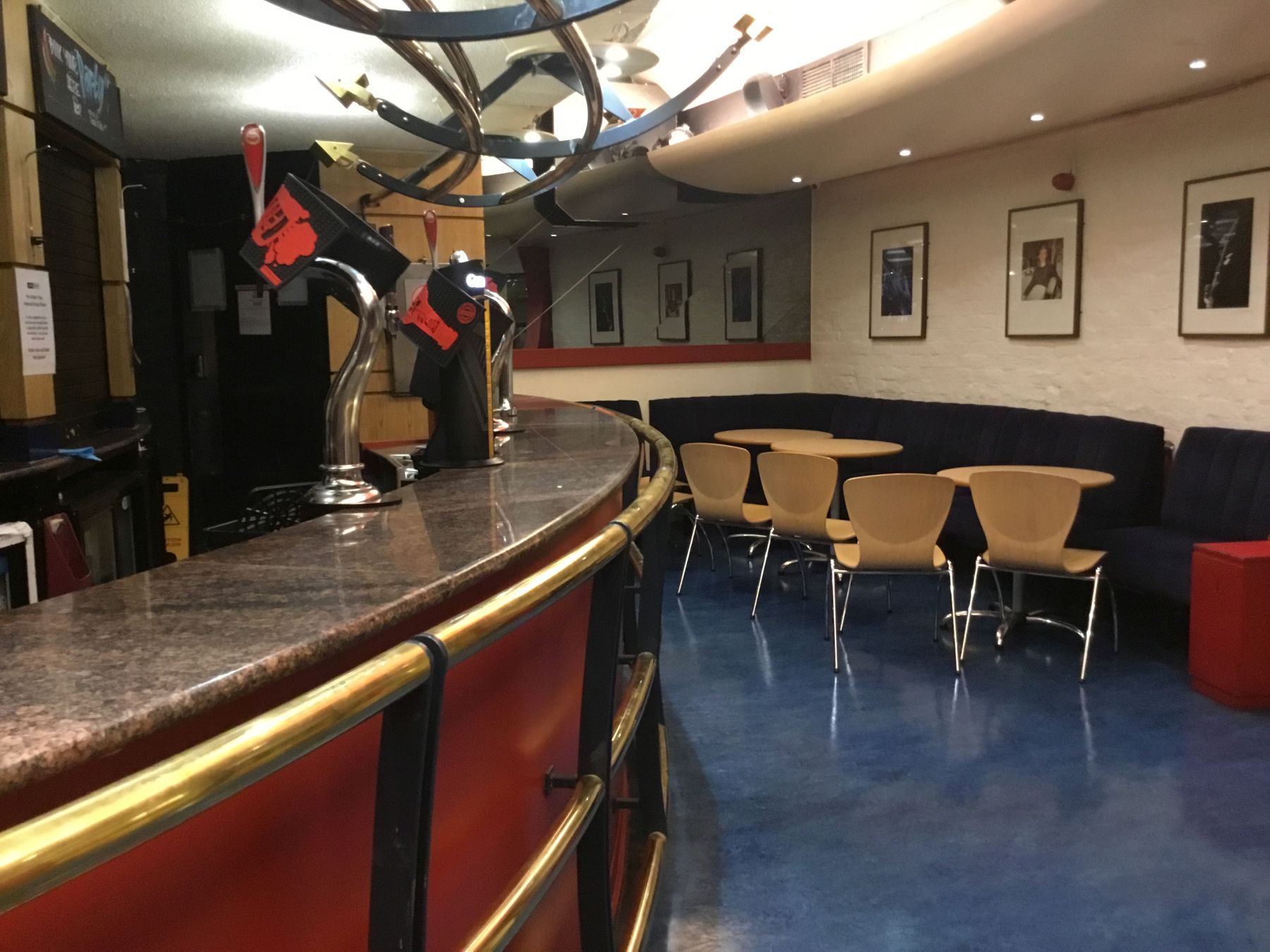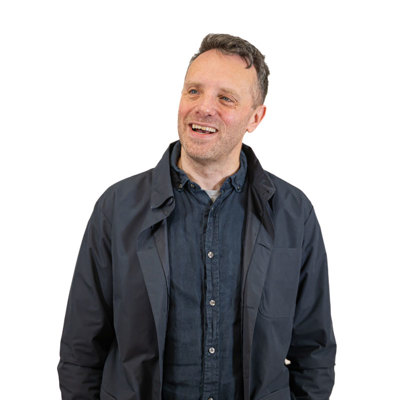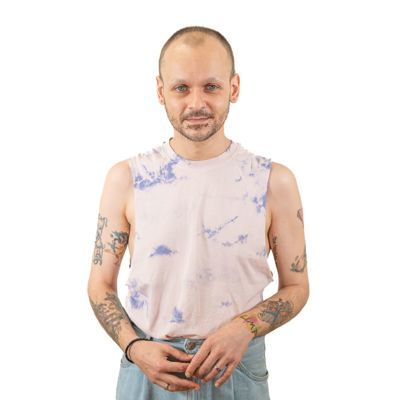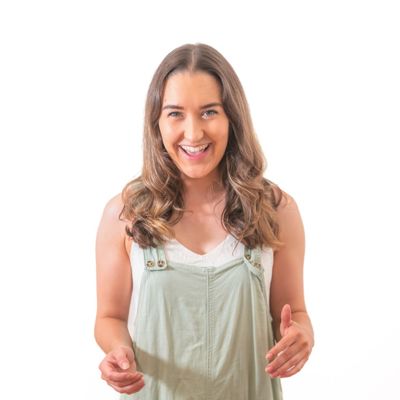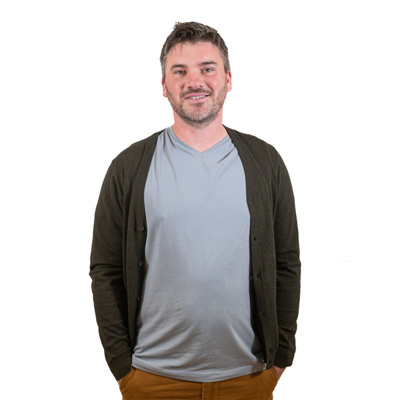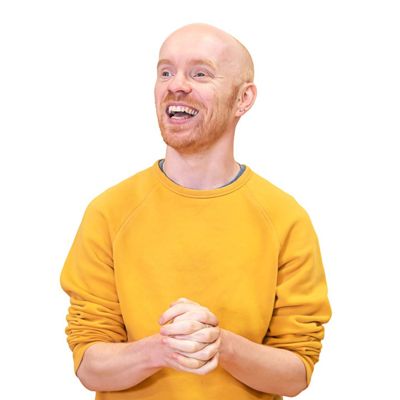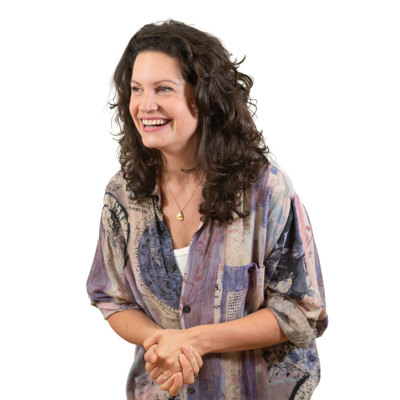Course
Overview
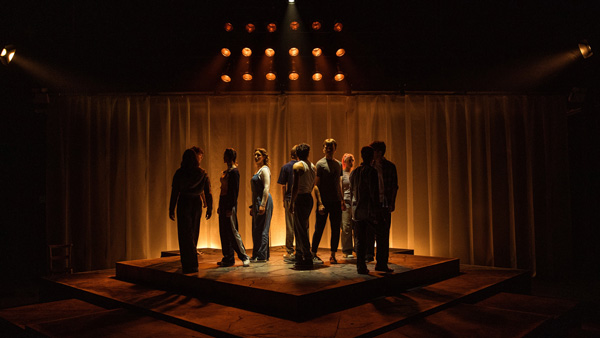
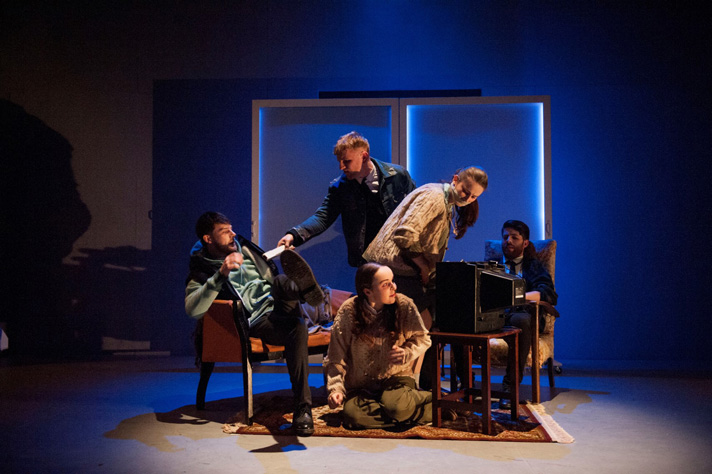
This new course is for actors interested in experimental and innovative approaches to global storytelling. You will develop essential acting skills while becoming part of a new generation of practitioners who can work across mediums to develop multidisciplinary and disruptive methods of engaging audiences.
The course celebrates new ground-breaking and cutting edge work that directly addresses culture, diversity, and community engagement. It builds on our successful collaborations with some of the UK’s most exciting theatre companies, including Gecko, Slung Low and ThickSkin, who have worked with students to produce devised immersive, physical and experimental performances. These productions have placed the audience at the heart of the action while engaging with global voices, cultures and communities.
What You Will
Study
The Actor's Preparation: Contemporary Performance Principles I
In this module you integrate acting, movement and voice skills as you are introduced to, then deepen your understanding of conceptual approaches to acting. You explore a variety of global practitioner approaches as you develop the technical skills to understand and realise the fundamentals of contemporary practice. You understand how movement and voice skills can provide a framework for material analysis and the application of technique in interdisciplinary and interpretative storytelling. You work with a director or facilitator to create scene presentations that showcase your creative choices and working methods. You undertake a digital project that captures your ability to solve creative and collaboratives problems.
The Actor's Preparation: Contemporary Performance Principles II
In this module you continue to develop your ability to integrate acting, movement and voice skills through inventive performance approaches. You advance your technical interdisciplinary skills by applying them to challenging international work and via decolonised perspectives. You deconstruct and re-imagine traditional material to find bold and ambitious ideas and use digital technology and material within a creative performance to enhance storytelling.
The Actor's Preparation: Acting Principles III
In this module you deepen your understanding of how to apply your technical acting, movement and voice skills to an inventive performance. Working with a director or facilitator you create an original project that is inspired by a groundbreaking company or artist. It will enable you to create a brave, multilayered and interdisciplinary performance that demonstrates your understanding of global practitioner methods and creative research to an audience of your peers and staff.
Artistic Practice I [Shared Module across all BA Acting courses]
In this module, you will develop the necessary skills to create original work and extend your ability to work as part of a creative ensemble. Narrative and performance sessions include devised, verbatim and site-specific approaches to generating original works. As part of a small group, you create a short staged, digital or audio performance. Alongside creative skills you undertake research and development, understanding cultural perspectives and audience demographics to ensure your work is relevant to a contemporary audience. You are introduced to business and enterprise skills so you are familiar with the practicalities of staging and managing an event.
The Actor's Process: Contemporary Project I
This module enables you to explore experimental performance approaches, combining technology and live creation to analyse advanced approaches to contemporary performance. You adapt and expand your technical knowledge and interdisciplinary abilities as you test your contemporary performance skills in two projects. The first takes an experimental approach to performance concepts, highlighting international and intercultural approaches to storytelling, and the second utilises global and diverse concepts with a focus on the live theatrical experience and removing the ‘fourth wall’.
The Actor's Process: Contemporary Project II
In this module you test your developing contemporary and experimental processes with two distinct, alternative projects. One project focuses on a highly physical reimagining of classic or heightened text works, such as Shakespeare, through an experimental and contemporary lens. A second project introduces ideas of oral poetic performance (spoken word) and can be realised as a live, digital or integrated project, as well as an independent solo or company creation. Movement supports your ability to find physical expansion and play, with vocal approaches that allow you to adapt for verse, metre, rhyme and rhythm, as well as differing performance spaces.
The Actor's Process: Contemporary Project III
This research and development project provides an opportunity to collaborate with innovative performance makers in the creation of an original boundary-breaking work. Beginning now to mirror professional practice, you will receive structured direction and supervision in the creation and execution of a fully realised workshop presentation. You will undertake independent research in the development of a unique and pioneering contemporary work to an invited audience across several performances.
Artistic Practice II [Shared Module across all BA Acting courses]
In this module you develop your creativity by researching and originating a personal performance of your choice. This could be a script submission, micro-musical or play reading, short film or screening. You investigate cultural perspectives around your chosen subject area/theme to discover the technical demands of your piece and adapt it to ensure it is original and inventive. You further your business and industry skills, including project planning and target audiences as well as honing your audition technique.
The Actor’s Performance: Professional Contemporary Production I
In this module you work with professional performance-makers as well as students from other courses, to realise an original live public production. You reach professional standards and expectations, working independently to research and prepare for the rehearsal process and meet the vision of your director and creative team. You exercise your ability to demonstrate imaginative contemporary performance invention, professionalism, organisation and time management skills, and the repetition and recreation of work via performance technique.
The Actor’s Performance: Professional Contemporary Production II
In this module you build on previous performance experience, assuming full responsibility for your own preparation, process and production of work that meets professional standards. You work in simulated industry scenarios and are presented with challenging expectations which are representative of the real world. The module culminates in the production of a large scale performance for a public audience. Your interpersonal skills, independent methodology and professionalism is further tested through self-governed responsibility and engagement with collaborators.
The Actor’s Performance: Professional Contemporary Production III
For this module, you collate a professional promotional portfolio of live, digital and audio material that best demonstrates your individual creative output, ambitions and potential. This portfolio will be utilised as a resource to showcase you to industry and employers, following your research and evaluation of industry networks relevant to your future career. You take part in a portfolio presentation, generating unique content and promotional material according to your career plans and employment aspirations. Work produced on this module is public-facing and can be used when you present yourself to future employers.
Artistic Practice III [Shared Module across all BA Acting courses]
This module brings together your independent research, creative enterprise skills and professionalism as you advance your ability to develop and create new material. Supervised by a mentor, you adopt both a creative and a production role as you generate a brand-new piece of work for our annual festival of new writing. You may also improve your independent entrepreneurial and project management skills by developing a solo project.
How You Will
Study
-
Technical Skills Classes
-
Performances
-
Lectures
-
Seminars
-
Workshops
-
Independent Study
-
Group Work
-
Masterclasses
How You Will Be
Assessed
Your assessment takes place during practical classes and rehearsals, performances and your reflective journals. Overall, assessment is based on applications of technique in performance situations, either in front of an audience or in workshops.
The coursework element is focused on your future career, your working environment and critical life skills. In your third year you undertake an optional practical or written research project. Again, career focused and chosen by you.
Practical/written work ratio
80% practical work / 20% portfolio
Validation
LIPA aims to have probationary degree awarding powers from September 2025 (subject to Office for Students approval). This is an exciting step, allowing us to take full control of our curriculum and course portfolio. In the unlikely event LIPA does not achieve probationary degree awarding powers, our degrees will be validated by Liverpool John Moores University.
View The
Staff
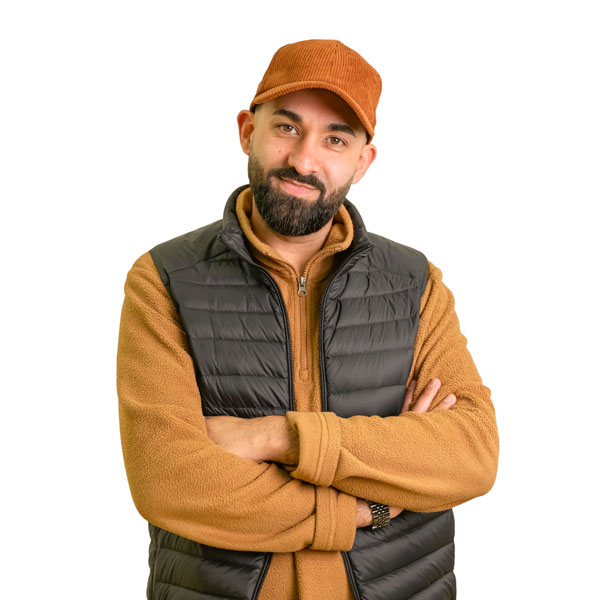
Yusuf Khamisa
Programme Leader: Acting (Contemporary Performance)
Yusuf is an award-winning actor and director celebrated for his work in London’s West End and regional theatres. His directing credits include Children of Killers at Soho Theatre, The Accordion Shop at the National Theatre, and New Labour at Lyric Theatre Hammersmith.
Originally from Salford, Yusuf trained as an actor at London’s ArtsEd, graduating in 2008. Over the years, he has built a distinguished career as a teacher and leader in artist training, having taught at prestigious institutions such as ArtsEd, LAMDA, Mountview, and RADA. Yusuf’s dedication to fostering emerging talent is reflected in his senior leadership roles, including Associate Dean, Head of BA, and Equality, Inclusivity, and Diversity Manager.
Beyond teaching, Yusuf has contributed significantly to the arts sector. At the Lyric Hammersmith, he played a pivotal role in the Young People’s Programme, and as Development Director at IRIS Theatre Covent Garden, he drove innovative initiatives. A passionate advocate for equality, inclusivity, and diversity, Yusuf has designed and led transformative training programmes across multiple industries.
Currently, Yusuf advises Factory International (MIF), facilitates creative projects, and serves as a trustee for ThickSkin Theatre Company. His commitment to storytelling and inclusive practices continues to shape the cultural landscape.
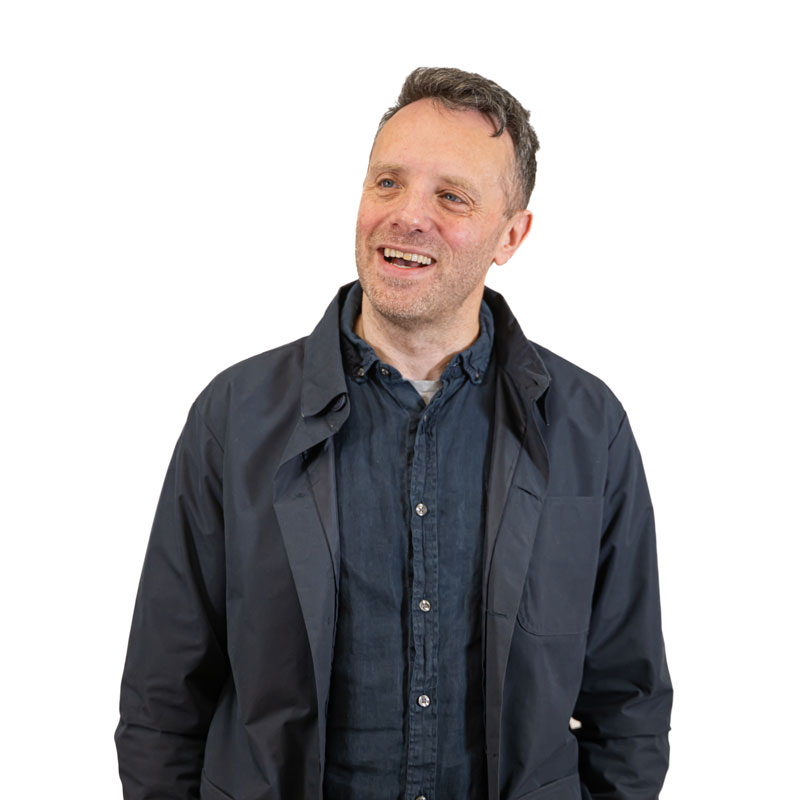
David Salter
Head of Acting
David is an award-winning theatre director and acting teacher.
Previously he has taught and directed at a number of drama schools including RADA, Mountview, Rose Bruford College, Drama Centre, The American Academy of Performing Arts, New National Theatre Drama Studio, Tokyo and the Manchester School of Theatre, where he led the Acting Programme.
David attended the Director’s Course at the Royal National Theatre Studio and has directed productions across the UK and internationally, including Brecht’s The Life of Galileo at the Studio Theatre, Washington DC. David was associate director to Peter Stein on David Harrower’s Blackbird at the Edinburgh International Festival, to Howard Barker on his production of Scenes From An Execution at the Barbican and on numerous productions at the Almeida Theatre including Richard II with Ralph Fiennes and the world premiere of The Shape of Things with Rachel Weisz and Paul Rudd.
publications
Contributor to ‘Actor Trainers on Acting: For The Twenty First Century’ Edited by Professor Anna McNamara for Routledge (upcoming)
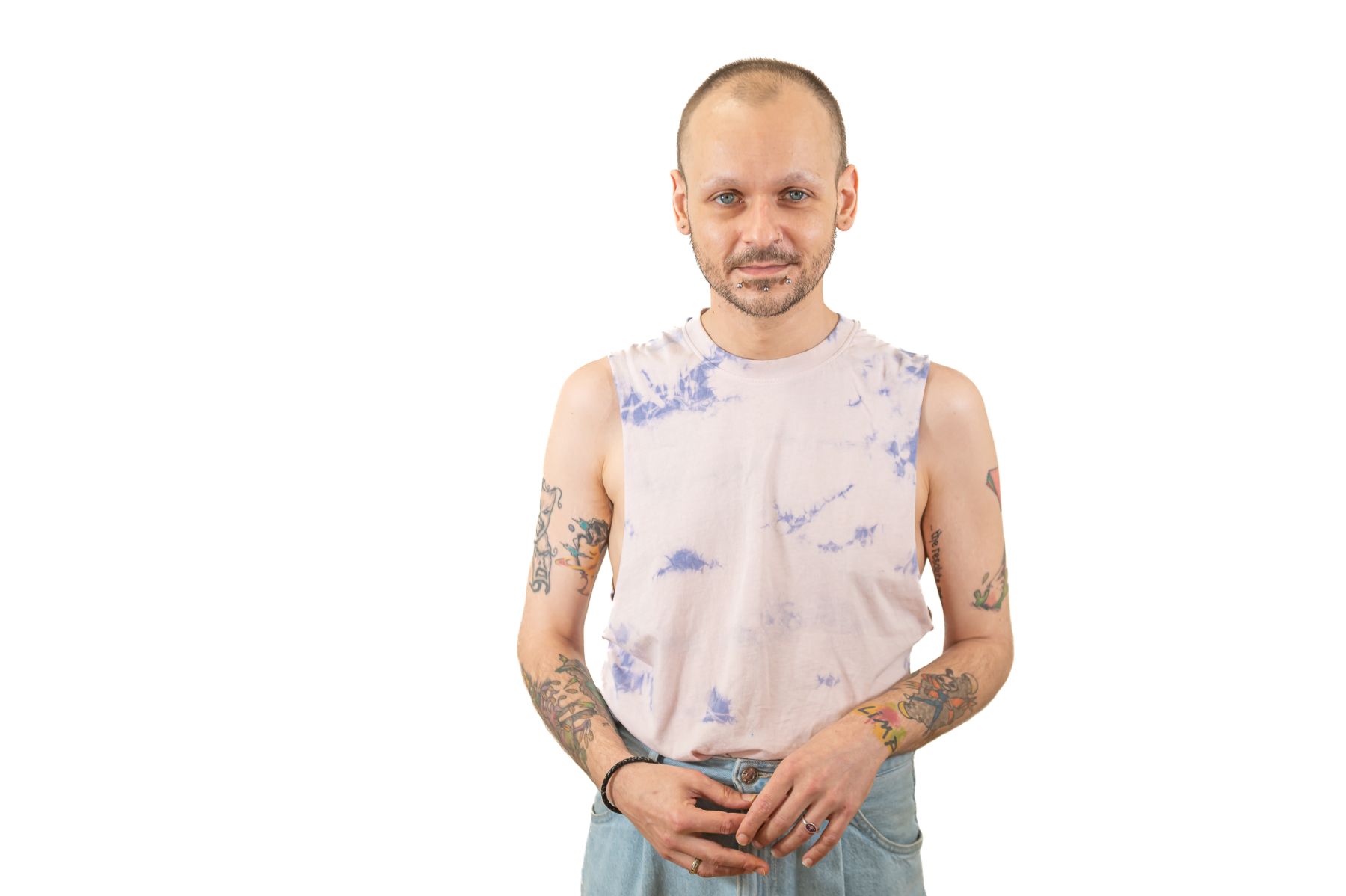
Stuart Crowther
Programme Leader: BA Acting
Stuart (they/them) is an actor, writer, director and drag/performance artist. They trained as an actor at LIPA and completed their postgraduate studies at the University of Manchester and Rose Bruford College. They have appeared in cabaret, fringe theatre, West End productions, TV and film and are an Associate Artist with both All Things Considered Theatre and Threedumb Theatre. Previous work has been seen at the Royal Exchange, Square Chapel, Ambassadors Theatre (West End), Battersea Arts Centre, Unity Theatre, Pleasance (London and Edinburgh), Oldham Coliseum Open Air Theatre.
Most recent credits include - as a writer: Notre Dame de Paris (The Space, Isle of Dogs), DISCO(n)TENT (All Things Considered), as a director: Killer Queen (Sodomite, Hidden, UK tour), Gruesome Playground Injuries, as a performer: Spectrum (Amazon Prime), algebra (Unity Theatre, UK tour). They have taught at several institutions and universities throughout the UK and are a member of LIPA’s Equality, Diversity and Inclusion Committee.
Stuart’s work focuses primarily on the actor as an individual and the unique perspective each person brings to their work on a role. They encourage students to feel empowered through the use of active imagination and engagement with play and make-believe, whilst remaining committed to ‘telling the story’.
Stuart’s career has run the gamut from performing in squats and with political collectives, through to appearing in the West End and in film. They have worn many a hat and donned many a costume, and, because of this, Stuart has a broad understanding of how industry meets artistry. Stuart is committed to passing on the necessity for the actor/performer to develop their own unique voice and to stay true to the stories they want to tell.
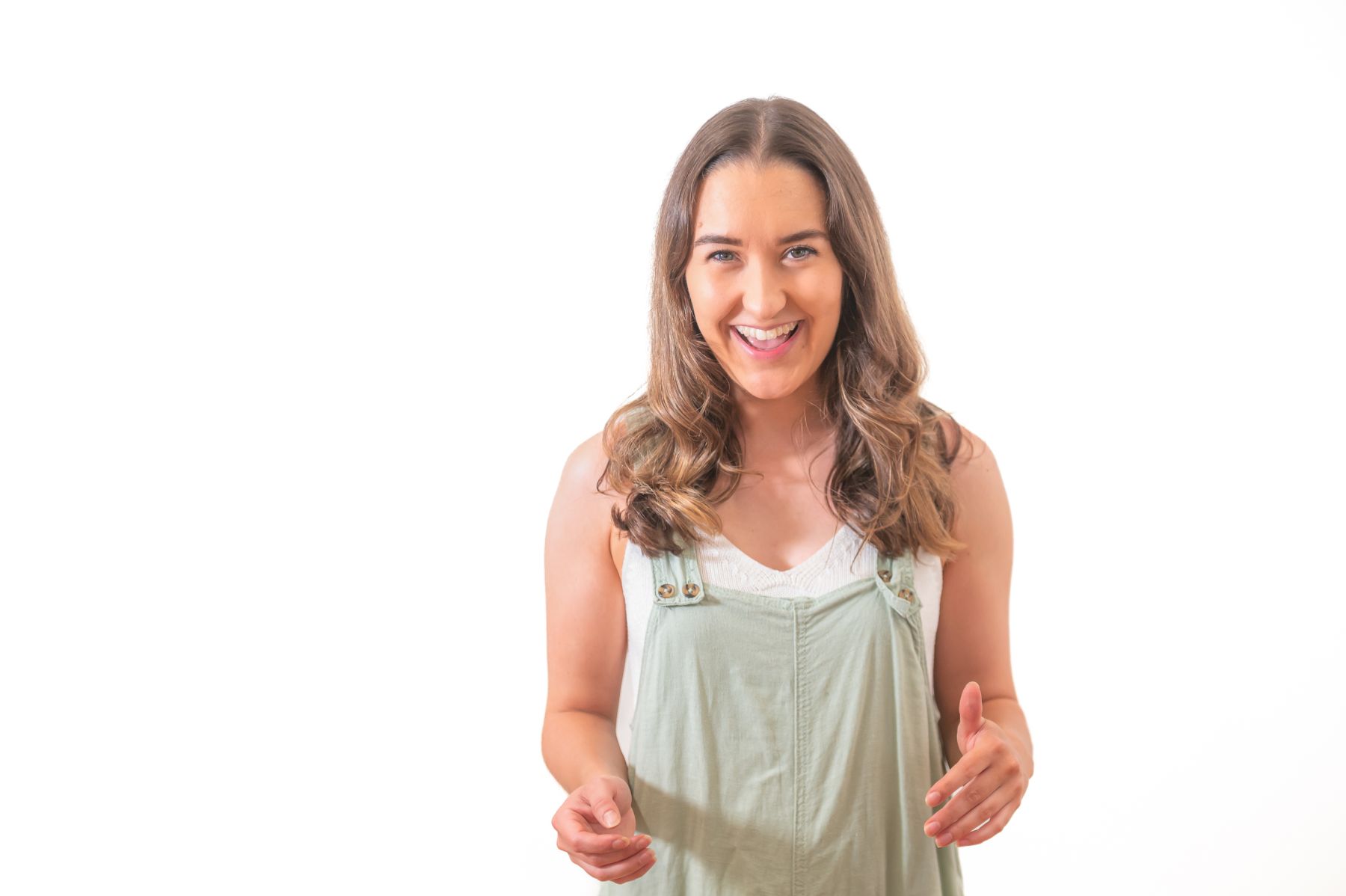
Rosemary Berkon
Teaching Fellow
Rosemary is an actor, voice coach and community facilitator. She trained as an actor at ALRA and as a voice coach at The Royal Central School of Speech and Drama. As an actor Rosemary has toured nationally, performing at venues such as HOME theatre, The Leeds Playhouse, Theatre 503, The North Wall Arts Centre and Manchester Opera House. With a passion for new writing and outreach she has worked as a performer and facilitator to create original work that emphasises community engagement with various theatre companies including Odd Arts, Papatango, Quantum Theatre and Byteback Theatre.
She brings her experience as a performer and facilitator into her teaching, alongside her experience as a private coach, which sees her work with many different voices encouraging confidence and communication. She currently works with clients in preparation for auditions, public speaking (that has included TEDx talks) and at other drama schools.
Rosemary is fascinated by accents, how speech is made and the social implications of teaching this to actors. She is a member of The Voice and Speech Trainers Association, passionate about cutting-edge pedagogy and aims to work with a sense of community and inclusivity in her studio spaces.
Rosemary understands the resilience required to sustain a career in the theatre industry, she endeavours to share with honesty challenges from her professional experience and also her hopes for the future of the creative arts.
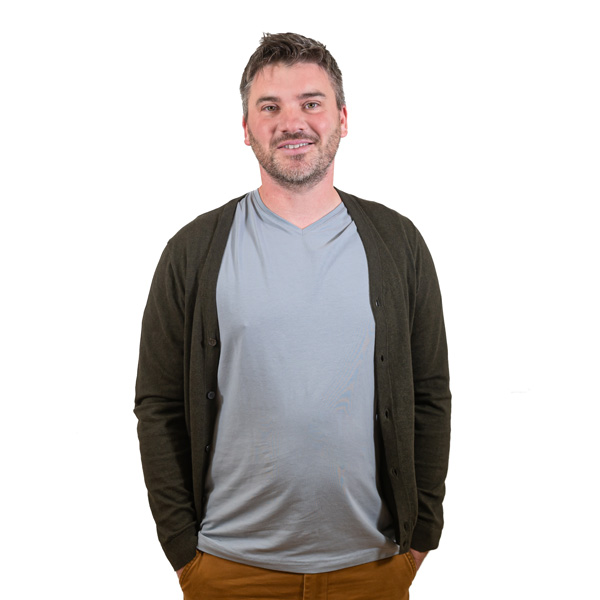
Matthew Dudley
Lecturer
Matthew has taught on and led professional training and degree programmes for over 15 years. After studying at Trinity College of Music and the Guildhall School of Music and Drama, he performed in the UK and in Europe. Matthew has taught voice, text and singing at several respected training institutions, including Guildford School of Acting and Italia Conti, and has delivered workshops throughout the UK for organisations such as Bristol Old Vic Theatre School and the British Voice Association. He is a certified Associate Teacher of Fitzmaurice Voicework and has taught on the certification programme in Los Angeles. His teaching is influenced by his study of classical and contemporary voicework, and incorporates movement work, mindfulness and concepts taken from his study of psychotherapeutic modalities.
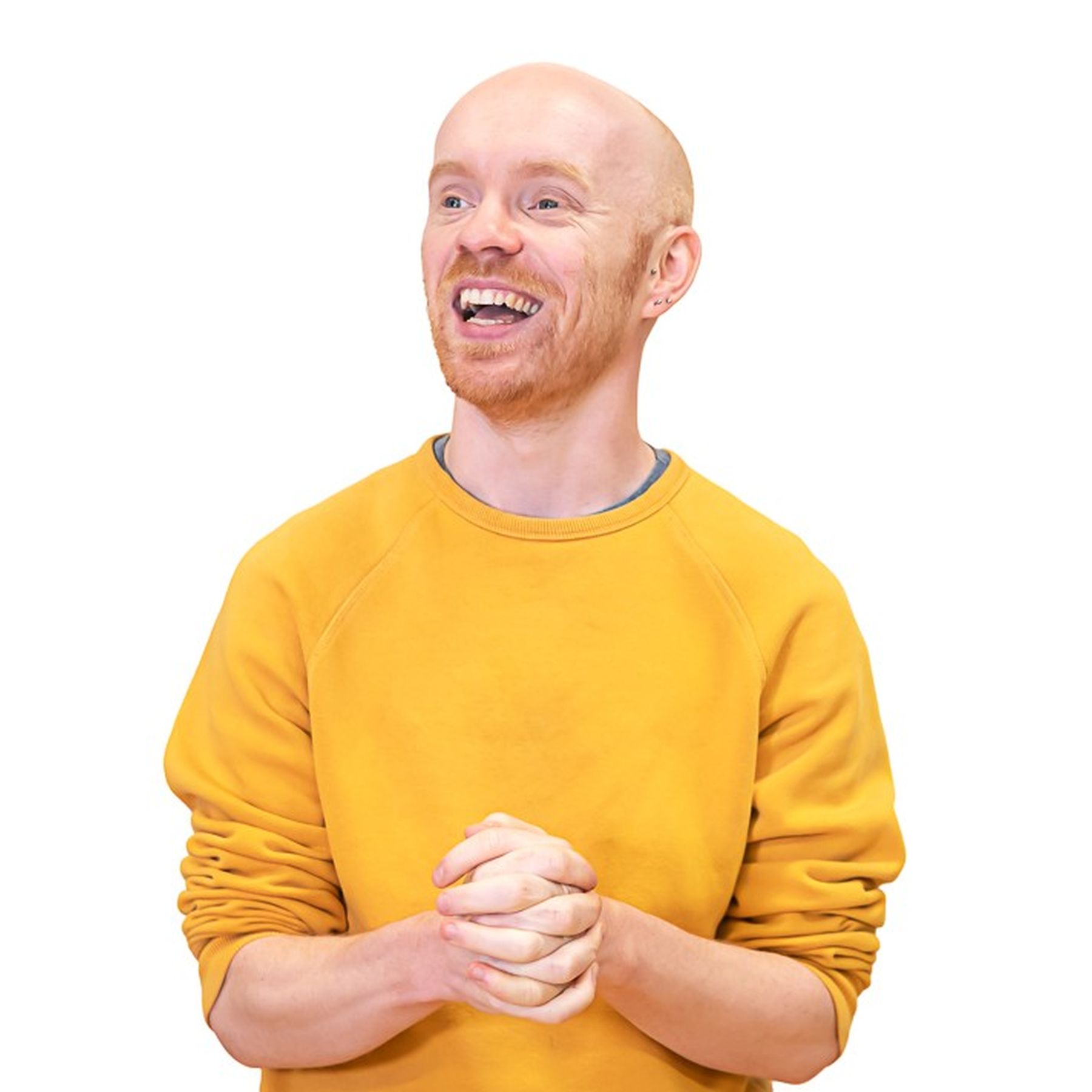
Gary Horner
Technical Skills Coordinator
Gary trained as an actor at Guildford School of Acting before going on to work professionally throughout the UK. Subsequently he went on to gain his MA from The Royal Central School of Speech and Drama in Voice studies and trained intensively with author of Freeing the Natural Voice, Kristin Linklater to become a designated Linklater teacher. Gary is an internationally recognised voice coach and director and has worked extensively within the UK Drama School sector.
Alongside being the skills co-ordinator for the School of Performance, Gary continues to work professionally as a voice coach and director. His credits include: Midsummer Night’s Dream (Sam Wanamaker Playhouse & UK Tour), Merry Wives of Windsor (Shakespeare’s Globe), Syncopated (Liverpool Everyman), Comedy of Errors (Shakespeare’s Globe), Cowbois (Royal Shakespeare Company & The Royal Court), Henry VI Part 3 (Royal Shakespeare Company), Acts of Resistance (Bristol Old Vic), The Boy with Two Hearts (Wales Millennium Centre), Matilda the Musical (Cambridge Theatre, London), Brainstorm (National Theatre), Macbeth (Stromness Theatre), Titus Andronicus (Bedlam Theatre), Reverie (Pleasance Theatre), Three’s Company (Tristan Bates) Romeo and Juliet (Chocolate Factory), Hello, Mr Capello (Watford Palace Theatre), In His Image (Hampstead Theatre), The Arsonists (Watford Palace Theatre), Bush Bazaar (Bush Theatre), Sour Lips (Oval House).
Publications/research
A non-elitist approach to Professional Development in Actor Training - Drama and Theatre Publication – Summer Term 1 – 2019/20 (Publication)
Northern Centre for Voice and Movement bringing Cultural Capital to a forgotten land – International Network for Voice Symposium – 2019 (Presentation)
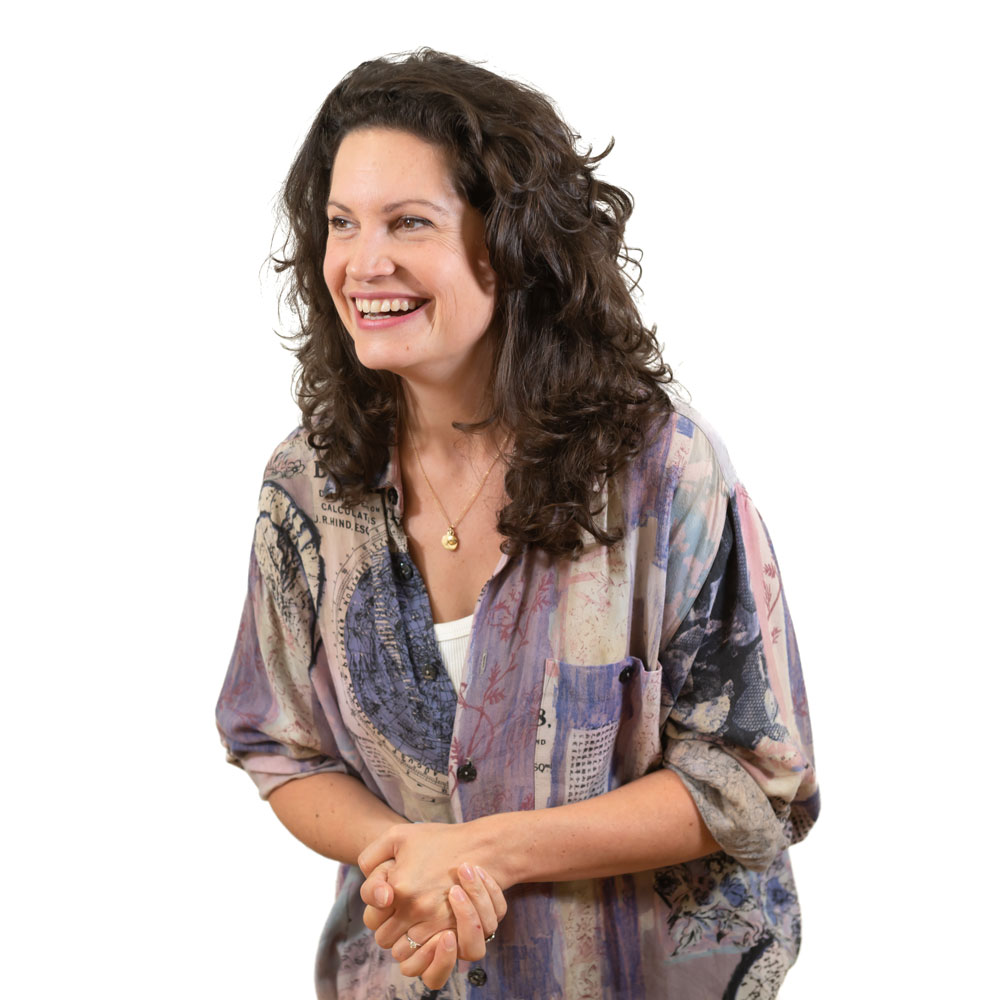
Arabella Gibbins
Teaching Fellow
Arabella is an actor, voice-over artist and voice coach. Her one-woman show Big Bad won an Origins Award for Outstanding New Work and is touring this summer. Arabella is a singer-songwriter, musical comedienne and she’s even done backing vocals for Robbie Williams. As a professional performer Arabella understands the demands of the industry. Her valuable experience on stage and in the vocal booth means she is informed and knowledgeable in the rehearsal room.
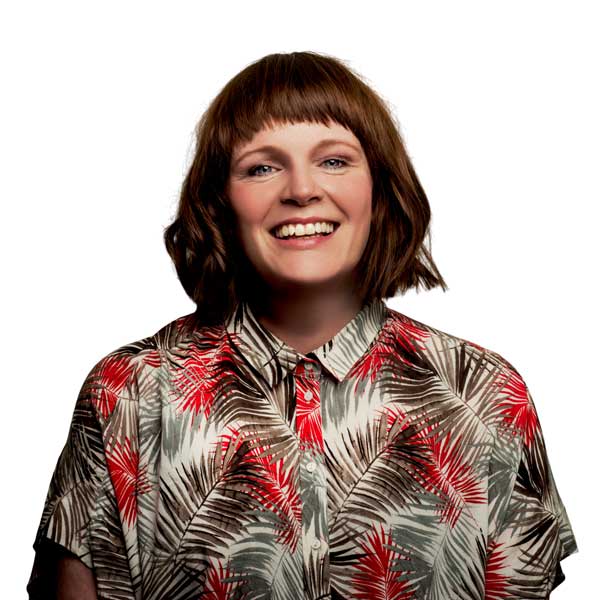
Beth Vyse
Lecturer
Beth is a critically acclaimed and award-winning creator/performer. She recently finished an international tour of her own show As Funny As Cancer, she also has national and regional theatre, global RSC, BBC, and ITV credits to her name. Over the last 20 years she has worked tirelessly within an industry she adores to become an established comedian, director, and lecturer – sharing her wealth of experience to help educate and encourage those with her shared passion for performance.
What Our
Graduates Do
This is a new course and we expect our graduates to be fully equipped to gain sustained work with ground-breaking performance companies and practitioners as performers, writers, directors and producers. Some of our graduates may also set up their own independent theatre and performance companies. Our graduates will also have a strong skill set in acting to enable them to pursue acting work in more traditional theatrical productions as well as film, TV and radio productions.
Related
News

Three LIPA grads part of Legally Blonde tour

Gallery: Filmmakers recreate scenes from Blade Runner

Acting grad appears in prime-time ITV thriller

Watch: award-winning film created by LIPA students and grads

Winter/Spring season of public performances

Acting grad has major roles in two huge TV shows

Gallery: Term one productions 2025/26

A busy and creative Christmas for LIPA grads

LIPA secures £2.5m Office for Students capital funding to deliver new performance and digital innovation hub

Autumn/Winter Season of public performances

LIPA achieves major milestone: new degree awarding powers

Gallery: Graduation 2025

Sir Paul McCartney honours leading arts figures at LIPA graduation

LIPA grads and students head to Edinburgh Fringe

Bryn Holding: ‘the seeds of being a director were sown at LIPA’

Watch: Acting grad Jak Malone wins Tony Award

James Nesbitt Q&A: six key takeaways

Watch: One Night, Four Films
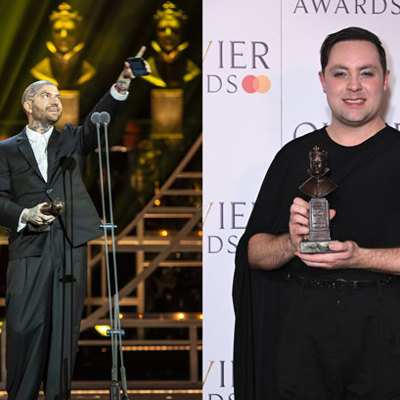
Tony Award nominations for two LIPA graduates

LIPA grad Jessica Reynolds to star in new Channel Four drama

LIPA grad to direct Michael Sheen in Welsh National Theatre’s debut season

Life after LIPA: Acting graduate Sian Polhill-Thomas

Acting student set for West End showcase
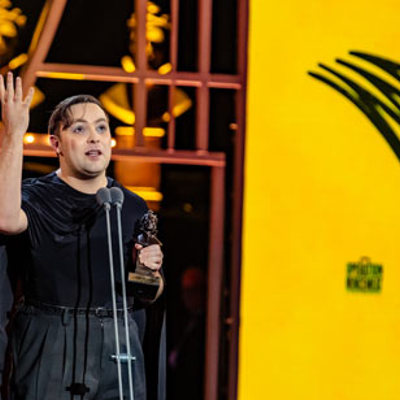
Acting grad makes Broadway debut

Acting grad Matthew Khan: Waterloo Road was a 'sink or swim' moment

The Lion, the Witch and the Wardrobe: LIPA grad heads back to Liverpool in ‘bucket list’ role

Three LIPA grads listed in The Stage 100

LIPA grads get creative for Christmas

New Acting course: 'It's an opportunity to take tradition and flip it upside down'

‘Films have a way of finding you out’ - Sir Sam Mendes at LIPA

“This award is and will always be so special to me”: LIPA grad wins ‘We See You’ award at the SoulFest Short Film Festival

LIPA shortlisted for environmental award

LIPA grads and students at Edinburgh Fringe

Gallery: Graduation 2024

Award-winning LIPA grad honoured by Sir Paul McCartney

LIPA grads help bring iconic Liverpool TV show to the West End

LIPA graduates' new play launches in London

Kobna Holdbrook-Smith MBE: Six key takeaways

FutureProof festival showcases LIPA's creative talents

‘My knees buckled’ - grad Jak Malone on winning an Olivier

Two Olivier Awards for LIPA graduates

LIPA grads taken aback by reaction to ‘Rockstar’ Bluey
Educational qualifications are important but limited in what they can tell us about you.
Your natural ability, your fit with what and how we teach, your growth and your potential are also key factors in our admission process. We can’t evaluate these solely on your educational achievements, so no matter which course you are applying for, we look for the following attributes on your application and at the interview stage.
Additional Costs
Additional Costs
As part of this course, there are likely to be some additional costs that are not included within your tuition fees. Many of these are optional. After you accept our offer, we'll send you a list of books and equipment that we'd like you to bring. We recommend that you bring specific clothing and footwear for your practical classes. These are standard items of clothing that you will need as a working actor.
Here are the key course-related costs that we'd expect you to pay during your three years with us, in addition to your tuition fees:
Headshots and joining Spotlight
Headshots are vital marketing tools. In your final year, you need to invest in headshots to present yourself as a professional. We encourage you to undertake research into which photographer to work with. Our students typically pay around £80 to £120 for their headshots. Professionally taken headshots can cost over £300 in London. It is compulsory for you to supply a headshot so you can take part in the showcases which are an assessed part of the course.
Being a member of Spotlight is important for finding work in the UK, so you will need to join in your final year. (The Actors Spotlight Membership fee costs just over £150).
Showcases
The majority of the costs for your final year North West and London showcases are included in your tuition fee. We provide you with both a travel allowance and food allowance for your showcases, but we don't pay for overnight accommodation costs. Most of our students stay with friends or alumni. The showcase is an assessed part of the course so taking part in the showcase is compulsory.
Seeing shows
You should go to the theatre as often as you can. This is not compulsory, but it will help your development as an actor. Theatre visits are not covered by your tuition fees, so you'll need to cover these costs yourself. Most theatres offer student discounts and we are occasionally offered a limited number of free or discounted tickets for shows in the city. We also encourage you to see other actors performing in our shows. We offer discounted student tickets to make this as affordable as possible.
Optional stage combat training
During one of the vacations, we usually bring in a stage combat tutor for those of you that want to put yourselves forward for a qualification in this to add to your CV. You have to pay an examination fee and the cost for the training is shared between all of the students who undertake it. This is not a compulsory part of the course.
Cost of living
Wherever you choose to study, you'll have to budget for accommodation and other everyday living expenses, such as food and bills.
Accommodation costs are relatively low in Liverpool, particularly compared to the south east of England, and the city's shops and entertainment venues also have lots of student discounts.
We’d recommend completing a simple budget plan to predict your income and outgoings. This should include accommodation, bills, insurance, TV licence, food, laundry, clothes, books, travel and socialising. How much you'll want to spend on a lot of these is completely personal.
There is lots of advice available online about budgeting:
- UCAS budget calculator is a great tool to help you balance your in-comings and out-goings.
- SaveTheStudent provides useful information on student money resources, including loans, budgeting, and scholarship sources.
Most UK students will be able to take out a maintenance loan to assist with living costs and there are some grants available. We also offer some bursaries. To find out more, please see Student Finance and bursaries.
Because our courses are intensive and we have a busy season of student performances, options for part-time work during our teaching periods can be limited. However, many of our students gain flexible part-time work, in performance venues, shops, restaurants and bars. We also provide casual work opportunities for our students ranging from stewarding work on our productions to working with young people to help us widen access to our courses. The long summer break is when many of our students choose to work.
Additional Costs
Additional Costs
As part of this course, there are likely to be some additional costs that are not included within your tuition fees. Many of these are optional. After you accept our offer, we'll send you a list of books and equipment that we'd like you to bring. We recommend that you bring specific clothing and footwear for your practical classes. These are standard items of clothing that you will need as a working actor.
Here are the key course-related costs that we'd expect you to pay during your three years with us, in addition to your tuition fees:
Headshots and joining Spotlight
Headshots are vital marketing tools. In your final year, you need to invest in headshots to present yourself as a professional. We encourage you to undertake research into which photographer to work with. Our students typically pay around £80 to £120 for their headshots. Professionally taken headshots can cost over £300 in London. It is compulsory for you to supply a headshot so you can take part in the showcases which are an assessed part of the course.
Being a member of Spotlight is important for finding work in the UK, so you will need to join in your final year. (The Actors Spotlight Membership fee costs just over £150).
Showcases
The majority of the costs for your final year North West and London showcases are included in your tuition fee. We provide you with both a travel allowance and food allowance for your showcases, but we don't pay for overnight accommodation costs. Most of our students stay with friends or alumni. The showcase is an assessed part of the course so taking part in the showcase is compulsory.
Seeing shows
You should go to the theatre as often as you can. This is not compulsory, but it will help your development as an actor. Theatre visits are not covered by your tuition fees, so you'll need to cover these costs yourself. Most theatres offer student discounts and we are occasionally offered a limited number of free or discounted tickets for shows in the city. We also encourage you to see other actors performing in our shows. We offer discounted student tickets to make this as affordable as possible.
Optional stage combat training
During one of the vacations, we usually bring in a stage combat tutor for those of you that want to put yourselves forward for a qualification in this to add to your CV. You have to pay an examination fee and the cost for the training is shared between all of the students who undertake it. This is not a compulsory part of the course.
Cost of living
Wherever you choose to study, you'll have to budget for accommodation and other everyday living expenses, such as food and bills.
Liverpool is one the UK's cheapest student cities. Accommodation costs are relatively low, particularly compared to the south east of England, and the city's shops and entertainment venues also have lots of student discounts.
We’d recommend completing a simple budget plan to predict your income and outgoings. This should include accommodation, bills, insurance, TV licence, food, laundry, clothes, books, travel and socialising. How much you'll want to spend on a lot of these is completely personal.
There is lots of advice available online about budgeting:
- UCAS budget calculator is a great tool to help you balance your in-comings and out-goings.
- SaveTheStudent provides useful information on student money resources, including loans, budgeting, and scholarship sources.
Most UK students will be able to take out a maintenance loan to assist with living costs and there are some grants available. We also offer some bursaries. To find out more, please see Student Finance and bursaries.
Because our courses are intensive and we have a busy season of student performances, options for part-time work during our teaching periods can be limited. However, many of our students gain flexible part-time work, in performance venues, shops, restaurants and bars. We also provide casual work opportunities for our students ranging from stewarding work on our productions to working with young people to help us widen access to our courses. The long summer break is when many of our students choose to work.
Additional International student costs
UKVI English language requirements
If you are not from a majority English speaking country (as determined by UKVI), you will be required to establish to LIPA that you meet UVKI minimum standards for English language before getting a Confirmation of Acceptance for Studies (CAS) number. The CAS number we issue you allows you to begin the visa application process. There is no requirement for a student to evidence their English language qualification at the point of application, audition or interview.
Students who accept a place on Certificate of HE Foundation Acting (Musical Theatre) or Certificate of HE Foundation Acting (Stage & Screen) must sit a UKVI-approved Secure English Language Test (SELT). The cost of a SELT can range from approximately £180 - £250. You may also incur travel costs to your closest test centre.
Students who accept a place on an undergraduate or postgraduate course may have the opportunity to evidence their English language through a qualification from another country which meets LIPA’s assessment of its academic suitability, take a UKVI-approved Secure English Language Test (SELT), or completing and passing a LIPA Institutional Assessment of English. The cost of a SELT can range from approximately £180 - £250. You may also incur travel costs to your closest test centre. A LIPA Institutional Assessment of English is free of charge.
Student visa
All international students who do not hold a United Kingdom of Great Britain and Northern Ireland passport; a Republic of Ireland passport; or EU Settled Status (EUSS), will require a Student visa to study in the UK.
The Student visa application fee in 2025 was £490. Some students will need to have their biometrics taken as part of the visa application process and this may incur additional costs, notably travel costs to your nearest Visa Application Centre.
In addition to the application fee, you are required to pay the Immigration Health Surcharge, which gives you access to the UK’s National Health Service (NHS). Once your course starts, any medical treatment you require in the UK will be free of any further charges if you use the NHS, just as it is for UK nationals. The surcharge is compulsory, even if you hold private healthcare insurance. 2025 surcharge costs were as follows:
- Foundation and Certificate of HE programmes: £776
- Undergraduate (BA) programmes: £2,716
- Postgraduate (MA) programmes: £1,164
The surcharge will give access to NHS healthcare services from your arrival in the UK until the date your visa expires.
Accommodation
Some accommodation providers may require international students to pay a larger deposit, or pay for their accommodation in fewer, larger instalments. This is something individual students will need to discuss with their accommodation provider.
View the programme specification on LIPA's course catalogue














